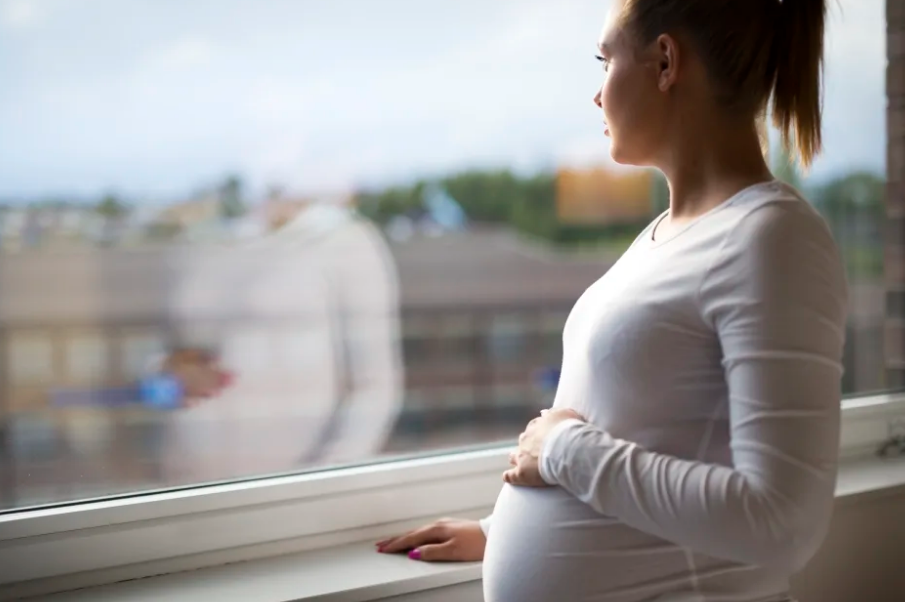Postnatal depression is getting more and more attention as people become more aware of it, but have you ever heard of prenatal depression? That’s the health topic we’re discussing today.

Prenatal depression, a mental health condition that can occur during pregnancy and before the birth of your child. How can you avoid developing this condition?
What is antenatal depression?
According to the National Childbirth Trust (NCT), around one in ten pregnant women (11 per cent) suffer from antenatal or prenatal depression.
It’s a type of depression that develops during pregnancy and can get worse if left untreated, and can become postnatal depression once the baby is born. So we should take it seriously enough.
Some of the signs and symptoms of prenatal depression include:
1 Feeling sad, moody or tearful more than usual
2 Difficulty concentrating and making decisions
3 Feeling irritable or getting angry easily
4 Eating more or less than usual
5 Losing interest in people and things around you
6 Worrying that you won’t be able to look after your baby
7 Feeling guilty or hopeless
8 Chronic anxiety
The most common cause of prenatal depression is hormonal imbalance, but this is unlikely to be the only cause.
Hormone imbalance is the most common cause of prenatal depression.
Prenatal depression is more common in women with a history of depression, previous miscarriages, unplanned pregnancies, struggling with the pressure to “do the right thing,” difficult childhood experiences, and poor support systems.
If you suspect you may be suffering from antenatal depression, it is advisable to seek help from your GP or midwife as soon as possible.
